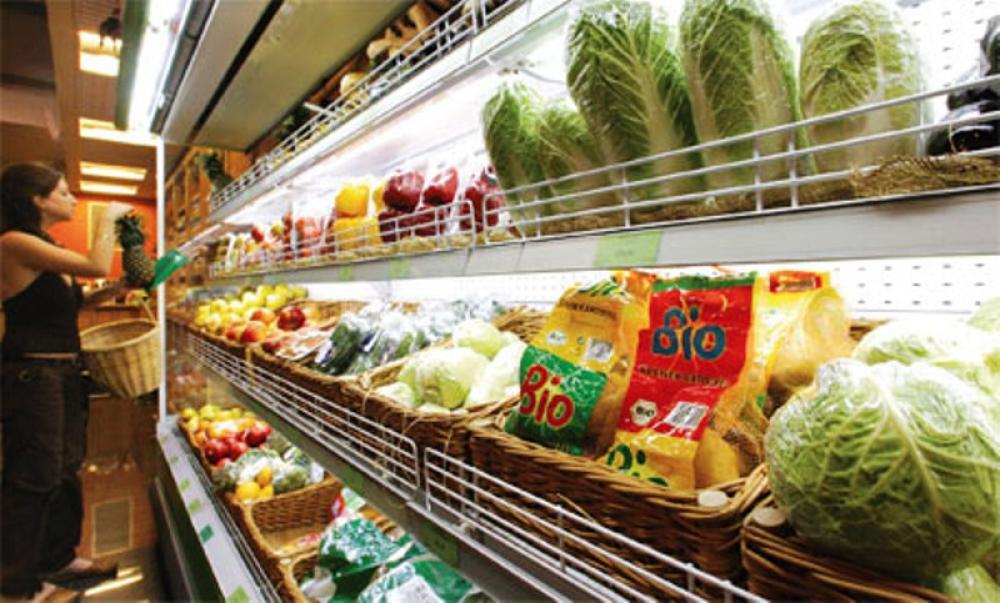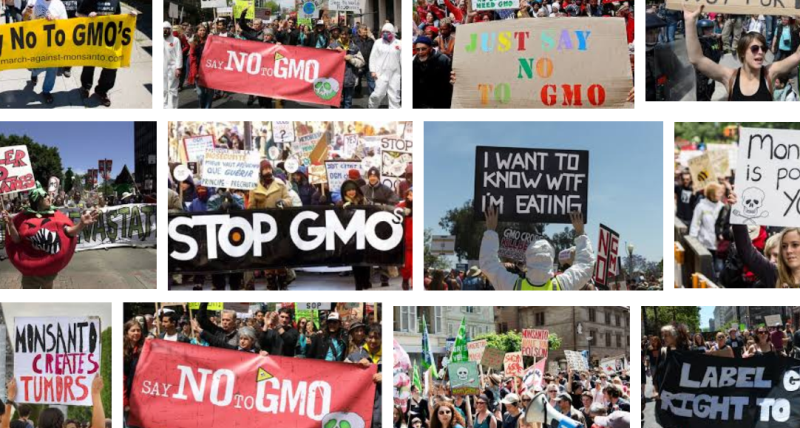Just Earth News | @justearthnews | 28 Jul 2018

New Delhi: Indian consumers are facing a looming threat as unapproved genetically modified (GM) foods fill up racks in markets, a new research suggested.
The study, done by Delhi-based environment think tank Centre for Science and Environment (CSE), said that 32 percent of the 65 randomly selected products yielded positive results under the GM category.
The samples, which were picked up from retail outlets in Delhi-NCR, Gujarat and Punjab regions, included baby food, packaged snacks and edible oil among others.
The said samples are mostly imported either from North American or Middle Eastern countries.
"The products which were found to be GM-positive include infant food, edible oil and packaged food snacks. Most of these are imported from the US, Canada, the Netherlands, Thailand, and the UAE. These productswere produced from or containsoya, cotton seed, corn or rapeseed (canola), which are known GM crops of the world," the release read.
Reflecting on the study, CSE director general Sunita Narain said: “Our government says it has not allowed the import of GM food products. Then how is this happening? We have found that laws are not the problem – the regulatory agencies are.”
We had been hearing about the presence of illegal GM food in India, and decided to do a reality check by testing processed foods. We were shocked to know the scale in which GM foodshave penetrated the Indian market. The regulatory authorities are to blame here – the FSSAIhas not allowed any GM food on paper,but has failed to curb its illegal sales.
-Chandra Bhushan, deputy director general, CSE
Key findings of the study

65 per cent (13/20) GM-positive samples did not mention anything about GM on their labels. These include the following
What are genetically modified (GM) organisms and GM foods?
According to WHO, genetically modified organisms (GMOs) can be defined as organisms (i.e. plants, animals or microorganisms) in which the genetic material (DNA) has been altered in a way that does not occur naturally by mating and/or natural recombination.
The technology is often called “modern biotechnology” or “gene technology”, sometimes also “recombinant DNA technology” or “genetic engineering”. It allows selected individual genes to be transferred from one organism into another, also between nonrelated species. Foods produced from or using GM organisms are often referred to as GM foods.
GM foods are developed – and marketed – because there is some perceived advantage either to the producer or consumer of these foods. This is meant to translate into a product with a lower price, greater benefit (in terms of durability or nutritional value) or both.
However, the human health concerns of GM foods are premised on three main issues- the potentials to provoke allergic reaction (allergenicity), gene transfer and outcrossing.
Different GM organisms include different genes inserted in different ways. This means that individual GM foods and their safety should be assessed on a case-by-case basis and that it is not possible to make general statements on the safety of all GM foods, according to WHO.
Image: downtoearth.org.in / Screenshot of protests against GMO